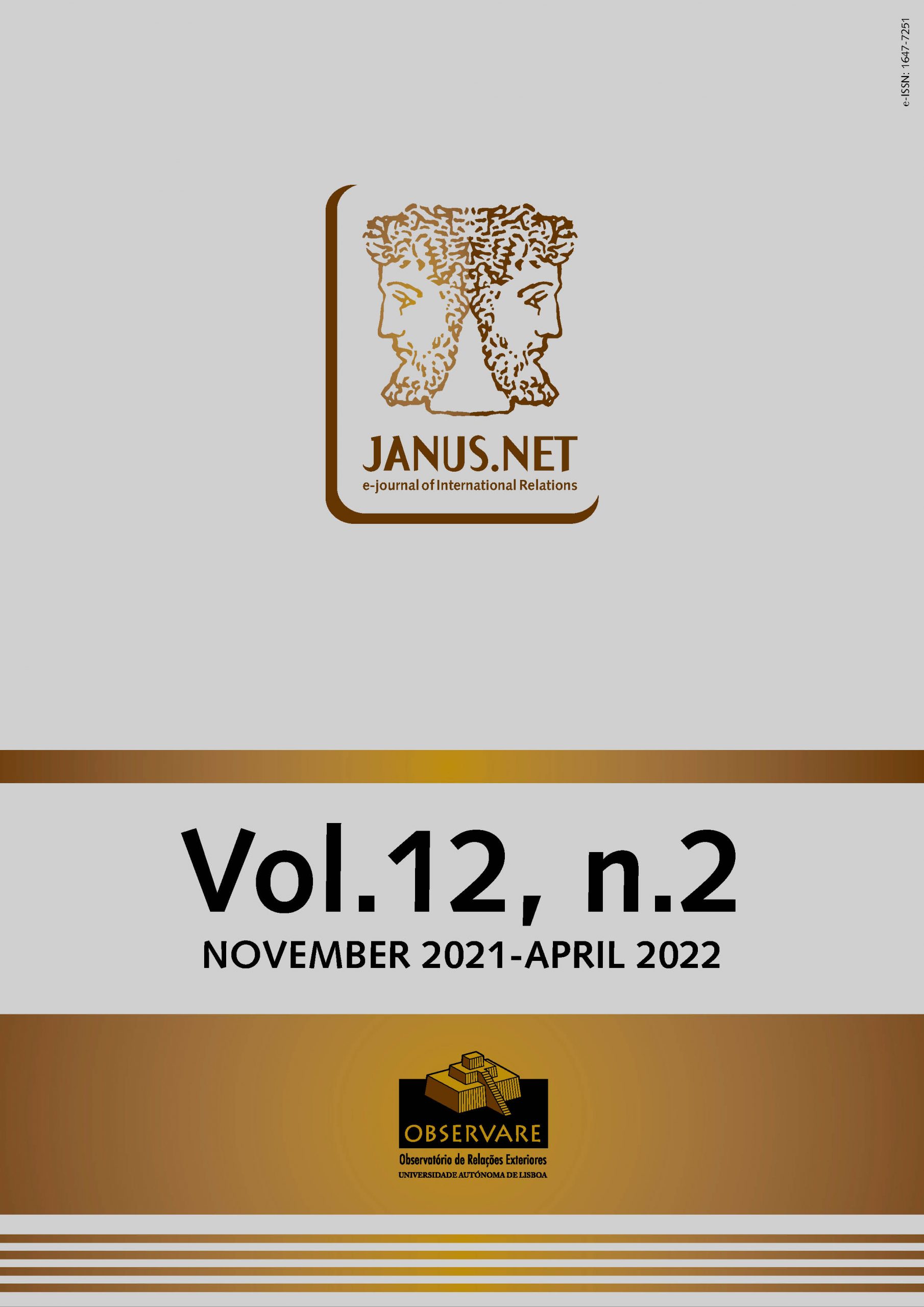The article’s main objective is to contribute to a better understanding of the concept of stabilisation, in both academic and policy terms, by analysing theoutcomes of counterinsurgency and support to peace operations in the Sahel by regional, continental, and extra-continentalactors. It addresses the problematic associated with the so-called ‘intervention traffic jam’ resulting from numerous external initiativesin the political process and conflict dynamics of Sahelian countries, with focus on central and northern Mali and its borderlands. The external interventions entered a new phase of the so-called liberal peace project when, in the 2000s, peacekeeping modalities evolved into integrated or multidimensional missions, as well as into a normative framework for statebuilding. Furthermore, interventions in the Sahel reflect a return to stabilisation in the early 2010s – a concept that emerges as an alternative to the peacebuilding-statebuilding nexus which dominated the previous decade. Despite the numerous stabilisation efforts, there are recurrent episodes of extreme violence in the ethnically diverse central Mali, along with increased insecurity in neighbouring Burkina Faso and Niger. The insurgency phenomena in the border areas between Niger, Mali, and Burkina Faso (Liptako-Gourma) is often not only directly linked to the association between the expansion of Salafi-Jihadist movements and the Malian political crisis of 2012, but also to the weak state presence in large regions in the SaharaSahel and the challenges posed by ethnic pluralism.The article concludes by emphasising the lack of integration of stabilisation responses into a political approach considering different governance strategies. It also stresses the need to prioritise the restoration of the state’s legitimate authority despite the achievement of a modus vivendi in the country’s northern region.
EXTERNAL INTERVENTIONS IN MALI AND ITS BORDERLANDS – A CASE FOR STABILISATION
Independent Consultant and PhD candidate in International Relations at Faculdade de Ciências Sociais e Humanas, Universidade Nova de Lisboa (Portugal). She has a master’s degree in political and Social Sciences – International Relations, Université Catholique de Louvain. She is currently providing independent evaluation and analysis services to international organisations on peace and security, including within the European Union's Instrument contributing to Peace and Security, and the CivilnExt project aimed at strengthening situational awareness, information exchange and operational control in the context of civilian missions under the European Union’s Common Security and Defense Policy.
Resumo
Palavras-chave
Como citar este artigo
Franco, Ana Carina (2021). External interventions in Mali and its borderlands – a case for stabilisation. Janus.net, e-journal of international relations. Vol12, Nº. 2, November 2021- April 2022. Consulted [online] on the date of the last visit, https://doi.org/10.26619/1647-7251.12.2.6
Article received on 23 July, 2021 and accepted for publication on 7 September, 2021















